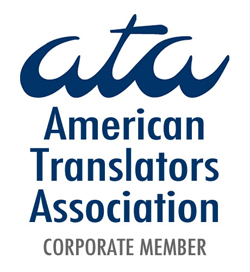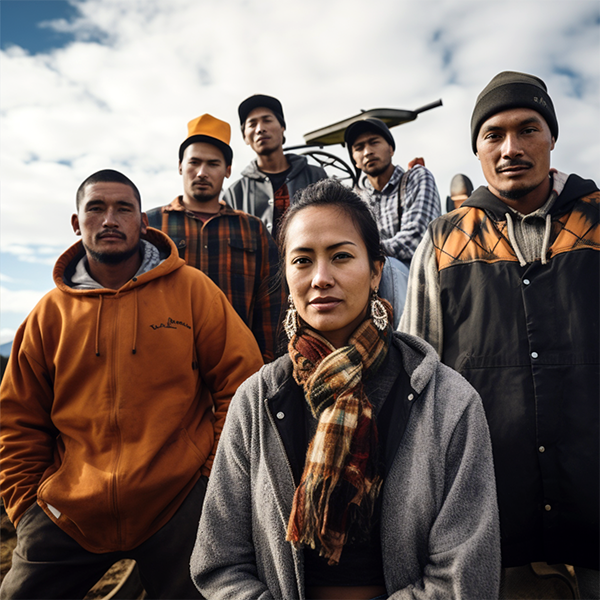
We also accept payments via Paypal
Huri Translations
Tel. +689 89 205 483
info@huri-translations.pf
PO BOX 365 Maharepa
98728 Mo'orea
French Polynesia
N°TAHITI 876649
Subscribe to our newsletter


Creating educational materials, workshops, and online platforms in languages related to farming, such as agricultural terminologies in Marshallese, Palauan, or Chuukese is essential. This ensures that Pacific Islands migrants have access to accurate information on crop cultivation, livestock management, agribusiness opportunities, and community farming initiatives, promoting their integration into local farming communities.
Training farmers in agricultural competence and innovative farming techniques can enhance support for Pacific Islands migrants. Understanding the farming practices of each island community enables tailored approaches and meaningful agricultural collaborations.
Leveraging digital technology through agriculture-oriented websites, smartphone applications, and social media platforms improves agricultural communication channels. Timely updates on farming practices, agricultural events, and community farming projects become more accessible.
Preserving and embracing the farming traditions of the Pacific Islands fosters agricultural inclusivity and values the contributions of these communities to the agri-landscape. Agricultural revitalization efforts perpetuate farming legacy and identity.
Collaboration among agricultural organizations, farming experts, and cultural associations is vital. Comprehensive agricultural resources and support systems cater to the unique farming needs of Pacific Islands migrants.
Incorporating these agricultural insights into policies and practices creates a more inclusive farming environment for Pacific Islands migrants under COFA agreements. Understanding and embracing their farming heritage enriches the agricultural sector and empowers these communities to thrive in their new homes, nurturing lasting farming connections.

The Compacts of Free Association (COFA) among the United States and the Federated States of Micronesia (FSM), the Republic of the Marshall Islands (RMI), and the Republic of Palau have fostered a longstanding relationship. These agreements offer citizens of Pacific insular nations the opportunity to live and work in the United States. However, effective communication with Pacific Islands migrants under these agreements requires a deep understanding of our agricultural context, particularly our farming diversity and horticulture.
The Pacific Islands encompass numerous distinct agricultural practices, grouped into traditional, modern, and sustainable farming methods. Recognizing the significance of these practices in shaping cultural identity is crucial for sensitive and respectful engagement.
A significant challenge in engaging with Pacific Islands migrants is the agricultural barrier. Many migrants have limited farming knowledge, hindering their ability to contribute to farming activities and access agricultural resources. Addressing this issue requires providing agricultural training services, such as workshops, farm management guidance, and sustainable farming techniques.
Agricultural Aspects Nurtured within COFA Agreements: Nurturing Connections
